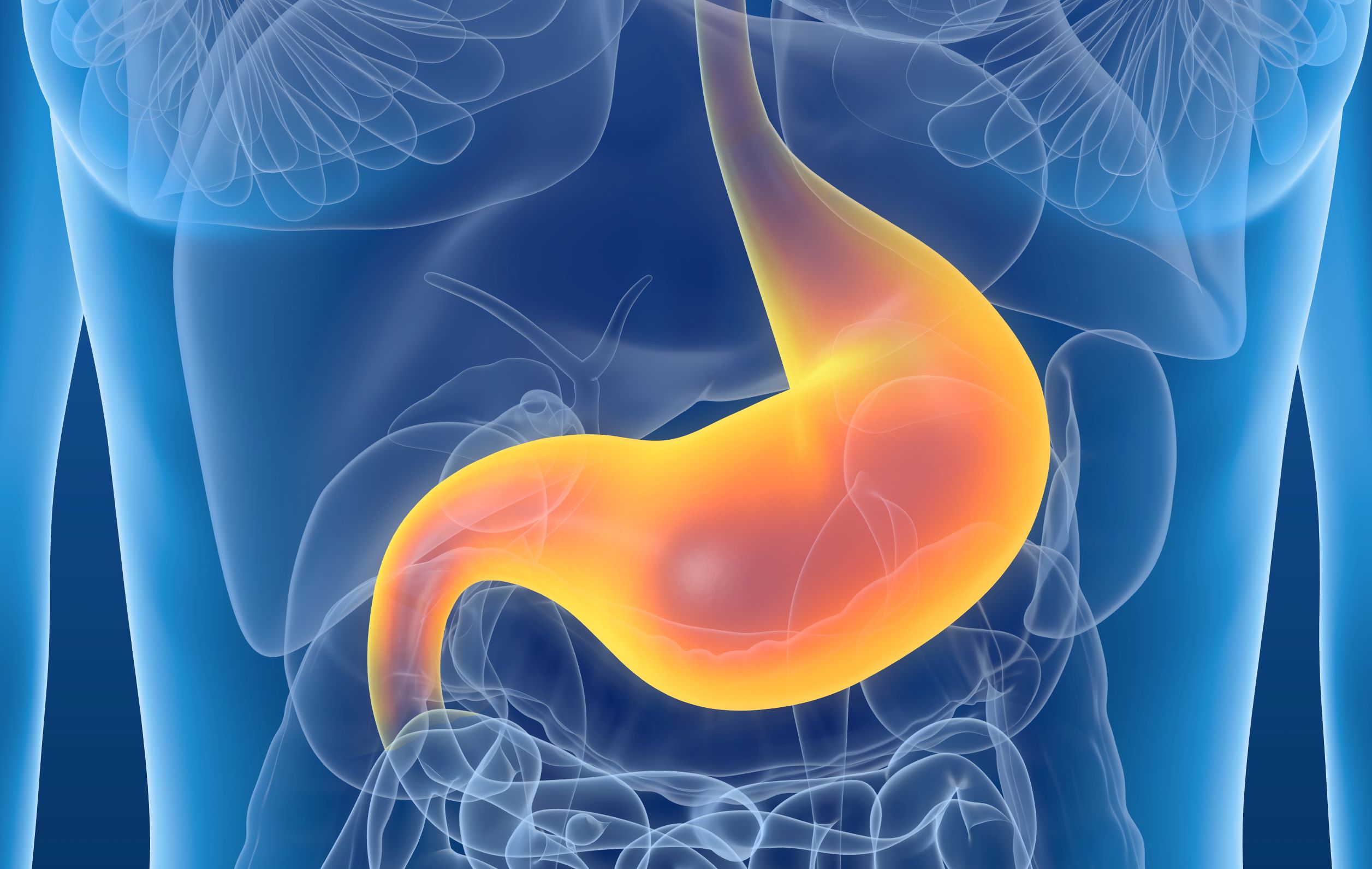You’ve heard of probiotics and prebiotics, but what about postbiotics? They’re the latest buzz in gut health, building on everything we know about maintaining a healthy microbiome. Here’s a simple way to think about it: probiotics are the beneficial bacteria in your gut, and prebiotics are the nutrients that help them thrive. Postbiotics? They’re the powerful compounds these bacteria create after breaking down prebiotics—kind of like the healthy leftovers that do your body a world of good.
Postbiotics offer a range of health benefits, including improved digestion, enhanced immune function, and potential anti-inflammatory effects. In this article, we’ll dive into what postbiotics are, how they work, and the growing interest in their role in promoting overall health.
Defining Postbiotics: What Are They Exactly?
Postbiotics are non-living byproducts that result from the fermentation process carried out by probiotic bacteria in the gut. These byproducts are often bioactive compounds, meaning they have a physiological effect on the body. Examples of postbiotics include:
- Short-chain fatty acids (SCFAs), such as butyrate, acetate, and propionate
- Enzymes
- Peptides
- Cell wall fragments from dead bacteria
- Lipopolysaccharides (components of bacterial cell walls)
- Vitamins, such as certain B vitamins and vitamin K
- Antimicrobial peptides
Unlike probiotics, which are live microorganisms, postbiotics are non-living. This makes them more stable and easier to formulate into supplements, foods, and pharmaceuticals, without the concern of keeping the bacteria alive, which is necessary with probiotic products.
How Are Postbiotics Created?
Postbiotics are produced as a result of fermentation that takes place in the gut or through industrial processes outside the body. In the gut, probiotics (the live beneficial bacteria) consume prebiotics (specific fibers and nutrients that feed gut bacteria) and break them down into smaller, often bioactive molecules. This fermentation process generates postbiotic compounds, which can influence various aspects of health.
In industrial settings, manufacturers can ferment probiotics in controlled environments to produce postbiotic supplements and food additives.
Example of Postbiotic Production:
- When dietary fibers from prebiotics (such as inulin or resistant starch) are consumed by probiotic bacteria (such as Bifidobacteria or Lactobacilli), the fermentation process produces short-chain fatty acids (SCFAs), which are considered postbiotics. SCFAs are known to play a crucial role in gut health and immune function.
Health Benefits of Postbiotics
Postbiotics have attracted attention for their wide range of potential health benefits. Because they are the end products of bacterial fermentation, they may offer more direct therapeutic effects compared to probiotics and prebiotics.
1. Support Gut Health and Digestion
Postbiotics can help strengthen the gut lining, improve digestion, and balance the gut microbiome. Short-chain fatty acids like butyrate, in particular, play a critical role in maintaining the health of the gut lining by fueling the colonocytes (cells in the colon). This helps maintain the integrity of the intestinal barrier, which is essential for preventing leaky gut syndrome.
Benefits:
- Strengthens the intestinal barrier to prevent harmful substances from passing into the bloodstream.
- Promotes healthy digestion by supporting gut motility and reducing digestive discomfort.
- Enhances the overall balance of the gut microbiome, ensuring the right balance of beneficial bacteria.
2. Boost Immune Function
Postbiotics can play a key role in modulating the immune system. For instance, SCFAs like butyrate have been shown to regulate inflammation and enhance the production of regulatory T cells, which help manage immune responses and prevent autoimmune reactions.
Benefits:
- Improves the body’s ability to fight off pathogens by boosting immune cell activity.
- Reduces inflammatory responses that can lead to chronic diseases and immune dysfunction.
- Enhances gut-associated lymphoid tissue (GALT) function, which is a key component of the body’s immune defense in the gut.
3. Anti-Inflammatory Effects
Many postbiotics exhibit potent anti-inflammatory properties. Inflammation is a major contributor to many chronic diseases, including cardiovascular disease, diabetes, and inflammatory bowel diseases. Postbiotics, especially butyrate, help reduce inflammation by inhibiting the production of inflammatory molecules like cytokines and interleukins.
Benefits:
- Reduces inflammation in the gut, which can be beneficial for individuals with irritable bowel syndrome (IBS) or Crohn’s disease.
- May lower systemic inflammation, which is linked to chronic diseases such as heart disease and diabetes.
- Helps manage autoimmune conditions by regulating immune responses.
4. Enhanced Metabolic Health
Postbiotics like butyrate have been studied for their effects on metabolic health, particularly their role in regulating insulin sensitivity and blood sugar levels. By improving gut health and reducing inflammation, postbiotics may play a role in preventing and managing metabolic syndrome and type 2 diabetes.
Benefits:
- Improves insulin sensitivity, helping manage blood sugar levels more effectively.
- Supports weight management by promoting the production of hormones related to satiety and fat metabolism.
- Reduces the risk of developing type 2 diabetes by modulating gut microbiome composition and metabolic pathways.
5. May Improve Mental Health
The gut-brain connection is a rapidly growing area of research, and postbiotics are believed to play a role in influencing mental health and cognitive function. By supporting gut health, postbiotics can help modulate neurotransmitter production, such as serotonin, which is largely produced in the gut.
Benefits:
- May reduce symptoms of anxiety and depression by regulating the gut-brain axis.
- Supports the production of neurotransmitters, such as serotonin and GABA, which are important for mood regulation.
- Potentially improves cognitive function by reducing neuroinflammation and oxidative stress in the brain.
Postbiotics vs. Probiotics vs. Prebiotics: What’s the Difference?
Probiotics
- Definition: Live beneficial bacteria that, when ingested in adequate amounts, can provide health benefits by populating the gut.
- Example: Lactobacillus, Bifidobacteria
- Function: Improve gut microbiome balance, support digestion, and boost immune health.
- Challenges: Probiotics can be sensitive to stomach acid, temperature changes, and shelf life, which may limit their effectiveness.
Prebiotics
- Definition: Non-digestible fibers or compounds that serve as food for probiotics, encouraging their growth in the gut.
- Example: Inulin, fructooligosaccharides (FOS)
- Function: Feed beneficial bacteria in the gut, helping maintain a healthy microbiome.
- Challenges: Not all prebiotics are tolerated well by individuals, with some causing gas or bloating.
Postbiotics
- Definition: Non-living byproducts of probiotic fermentation that confer health benefits, such as SCFAs, enzymes, and antimicrobial peptides.
- Example: Butyrate, peptides, vitamins
- Function: Support gut health, immune function, and inflammation regulation.
- Advantages: Postbiotics are stable and non-living, making them easier to store, transport, and use in supplements or functional foods.
Are Postbiotics Safe?
Because postbiotics are non-living byproducts, they are generally considered safe for most people, including those who may not tolerate probiotics well. Unlike probiotics, which are live microorganisms, postbiotics don’t carry the risk of causing infections, especially in immunocompromised individuals.
Moreover, postbiotics are less sensitive to temperature and storage conditions, making them a more stable option for supplements and food fortification.
However, more research is needed to fully understand the long-term effects and optimal dosage of postbiotics for different health conditions.
How to Incorporate Postbiotics into Your Diet
Postbiotics can be consumed naturally through fermented foods or in supplement form. Some of the best sources of postbiotics include:
- Fermented foods: Foods like kimchi, sauerkraut, kefir, yogurt, and miso contain not only probiotics but also postbiotics as a result of the fermentation process.
- Postbiotic supplements: Certain health supplements now contain isolated postbiotics, such as butyrate, to provide targeted benefits for gut health and immune support.
When choosing postbiotic supplements, it’s important to look for high-quality products that specify the type and amount of postbiotics included.
How to Optimize Postbiotic Intake
Here are a few tips on how you can incorporate postbiotics into your daily routine to maximize the benefits:
1. Consume Fermented Foods Regularly
Eating a diet rich in fermented foods is one of the best ways to ensure you’re getting natural sources of postbiotics. Some popular options include:
- Kimchi
- Sauerkraut
- Kefir
- Yogurt
- Tempeh
- Miso
These foods contain not only probiotics but also beneficial postbiotics, making them a complete source of gut health support.
2. Supplement with Postbiotics
If you’re not regularly consuming fermented foods, you can opt for postbiotic supplements. These products offer a convenient and concentrated source of postbiotics like butyrate or peptides, providing targeted benefits such as enhancing digestion or reducing inflammation.
3. Support a Healthy Gut Environment
For postbiotics to be effective, it’s important to maintain a healthy gut environment by also consuming prebiotic-rich foods that feed beneficial bacteria. These include:
Prebiotics encourage probiotics to thrive and produce more postbiotics, enhancing overall gut health.
The Future of Postbiotics in Healthcare
The growing body of research on postbiotics suggests that they will become a more widely recognized part of personalized nutrition and preventive medicine. As scientists uncover more specific benefits related to gut health, inflammation, and even mental health, postbiotics could be used to manage and prevent conditions such as:
- Inflammatory bowel disease (IBD)
- Type 2 diabetes
- Obesity
- Cardiovascular diseases
- Cognitive decline
Moreover, functional foods fortified with postbiotics may become a common way to incorporate these health-promoting compounds into everyday diets. With their stability and effectiveness, postbiotics offer an exciting, accessible, and practical way to support overall health.
Conclusion: Postbiotics as a Key to Optimal Health
As the third pillar of gut health, postbiotics are showing great promise in enhancing immune function, improving digestive health, reducing inflammation, and potentially even influencing mental health through the gut-brain connection. While research on postbiotics is still in its early stages, their non-living nature and bioactive properties make them an exciting addition to the world of microbiome science.
For individuals looking to optimize their gut health without the complications of managing live probiotics, postbiotics provide a stable, safe, and effective alternative. By incorporating fermented foods, prebiotics, and potentially postbiotic supplements, you can harness the power of postbiotics to support overall health and well-being.




